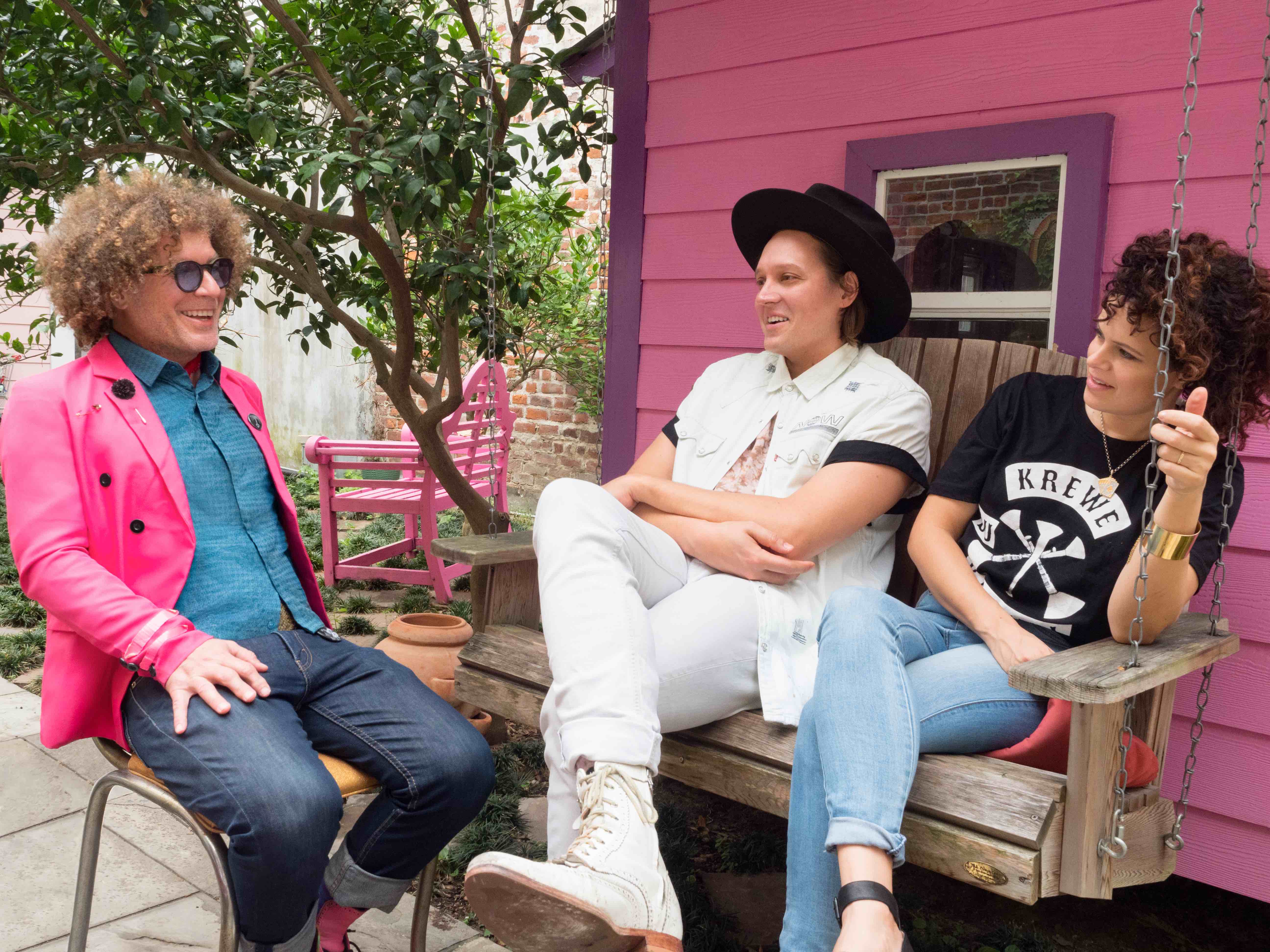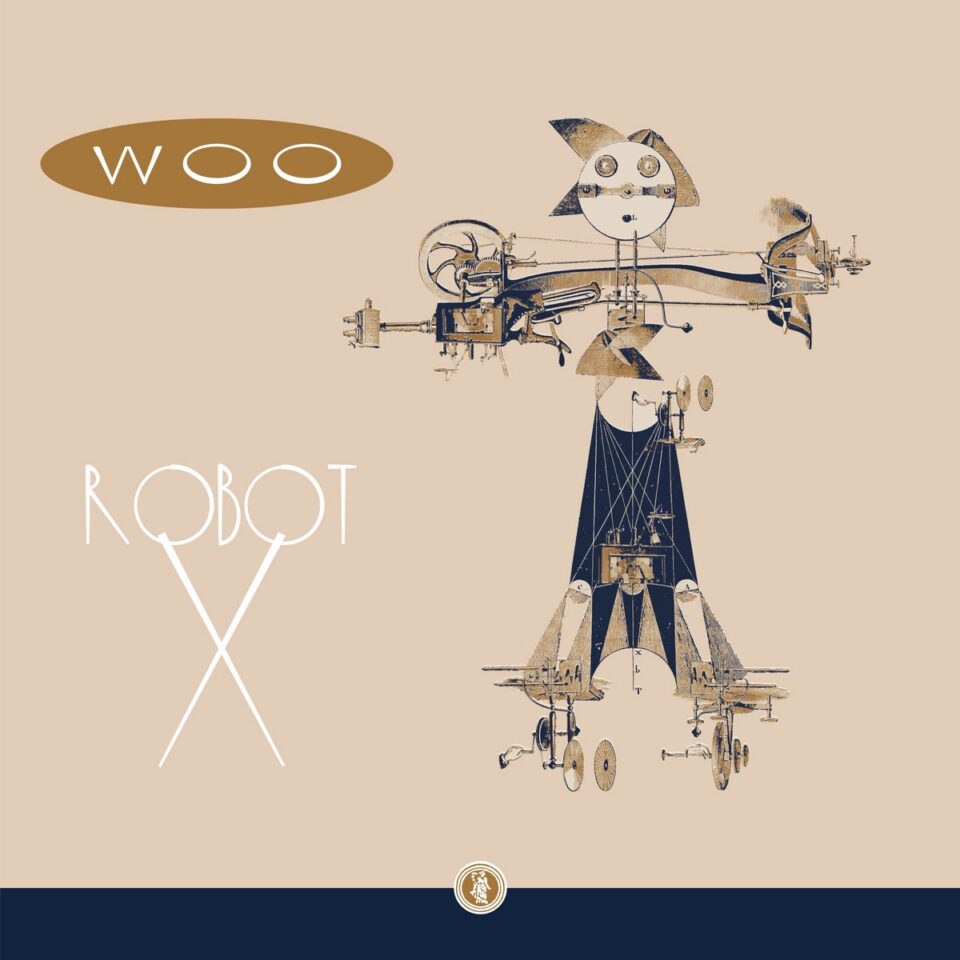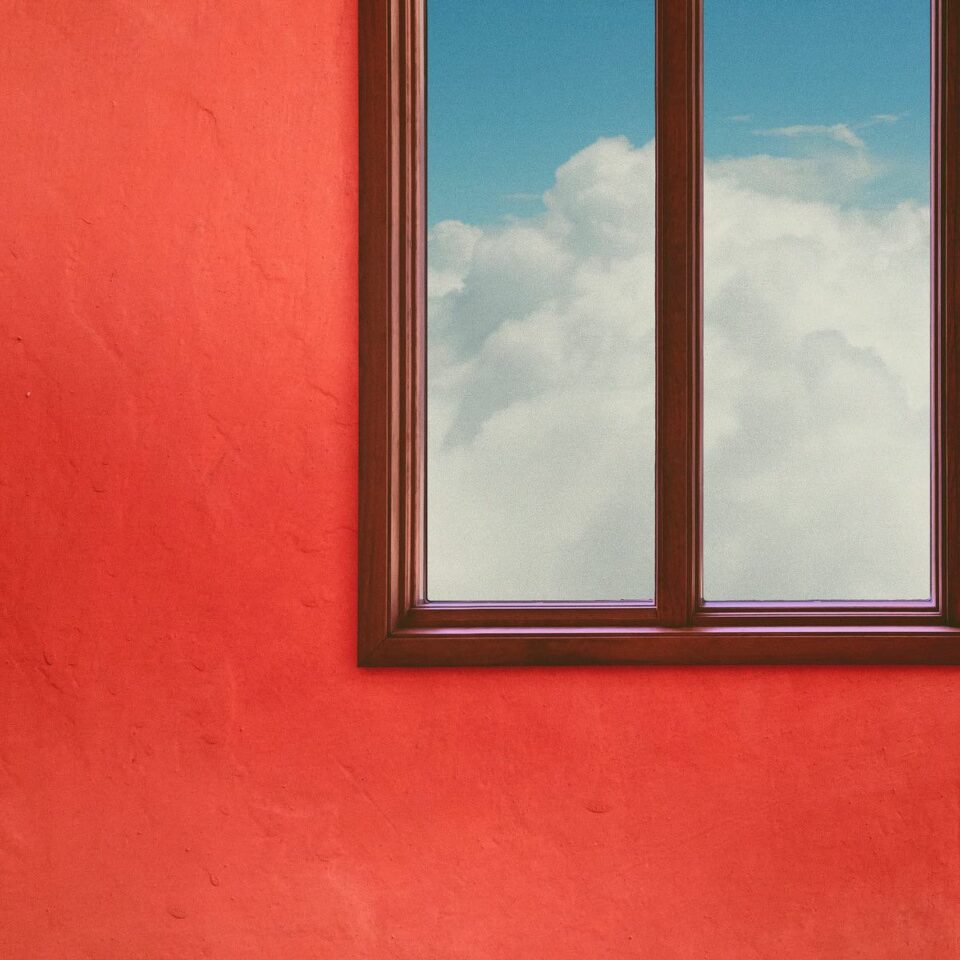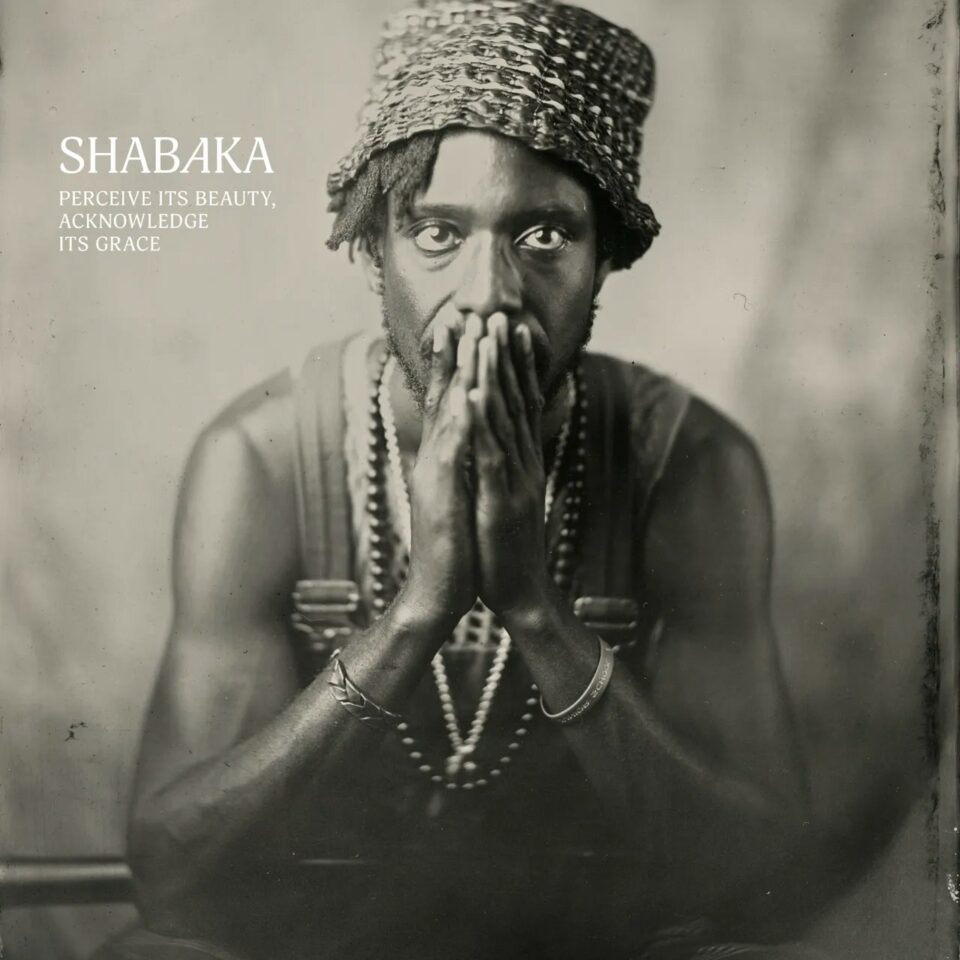Like scores of starry-eyed culture lovers before them, Arcade Fire’s Win Butler and Regine Chassagne drifted into their adopted hometown of New Orleans, extending a Jazz Fest visit by a few days that soon turned into years. On paper, Houston-raised Butler and his Haitian-Québécois bandmate and wife, Chassagne, share plenty of roots with New Orleans, which lies just a few hours east of H-Town, was settled by the French, and gained a massive Haitian population after the Haitian Revolution.
But the couple’s connection to the city extends beyond geography and ancestry—a fact their friend Ben Jaffe, the artistic director of Preservation Hall, has become well aware of over the past decade. Jaffe’s Preservation Hall Jazz Band—who recently signed to Sub Pop—and Arcade Fire team up regularly, especially in any situation where the two parade-prone bands can get away with jumping off a stage and into a crowd, instruments in hand.
As the New Orleans Jazz & Heritage Festival wound down this year, Jaffe sat with Butler and Chassagne in a courtyard behind the historic Marigny home that the Jazz Band uses as its studio. The trio of like-minded musicians invited FLOOD to join as they discussed the cultural connections between Haiti and New Orleans, their new Haitian-focused carnival Krewe du Kanaval, and some of the more insane festival situations they’ve found themselves in through the years.
Ben Jaffe: Going to Haiti with you and learning about your Haitian roots was eye-opening. It’s rare to meet other people who have the same interest and curiosity about music and appreciate other musical centers like New Orleans.
Regine Chassagne: I’ve always been attracted to New Orleans because I recognize a lot of Haiti in the air—the walls, the people, the music, the way of life. When I was, like, fourteen years old, I would play this song that I learned by myself, “Do You Know What It Means [to Miss New Orleans],” over and over. One of the first cassettes I got was Louis Armstrong and I would just listen to that all the time.
Then every time we came here, we’d play and I’d be like, “Wait, this…place!” And then we’d come back and, “Ah…this place!” And then we played a few years later, and after Jazz Fest we said, let’s just stay here for a few more days because it was the end of the tour and every time it was just, “I can’t leave this place!”
Ben: You were still discovering Haiti then, too.
Regine: I went to Haiti in 2008 for the first time.
Win Butler: I started to learn about Haiti through Regine’s family. Around Christmastime, we’d have dinner with her aunts and uncles, and that was really my first exposure to somewhere where I was the only non-Haitian. Everyone would sit around the table talking about Haiti and music. Sometimes it takes coming from the outside to appreciate what’s special about a place. When we come to New Orleans or go to Haiti, it’s like there’s diamonds in the ground everywhere, and if you’re from New Orleans or Haiti you might not see that.
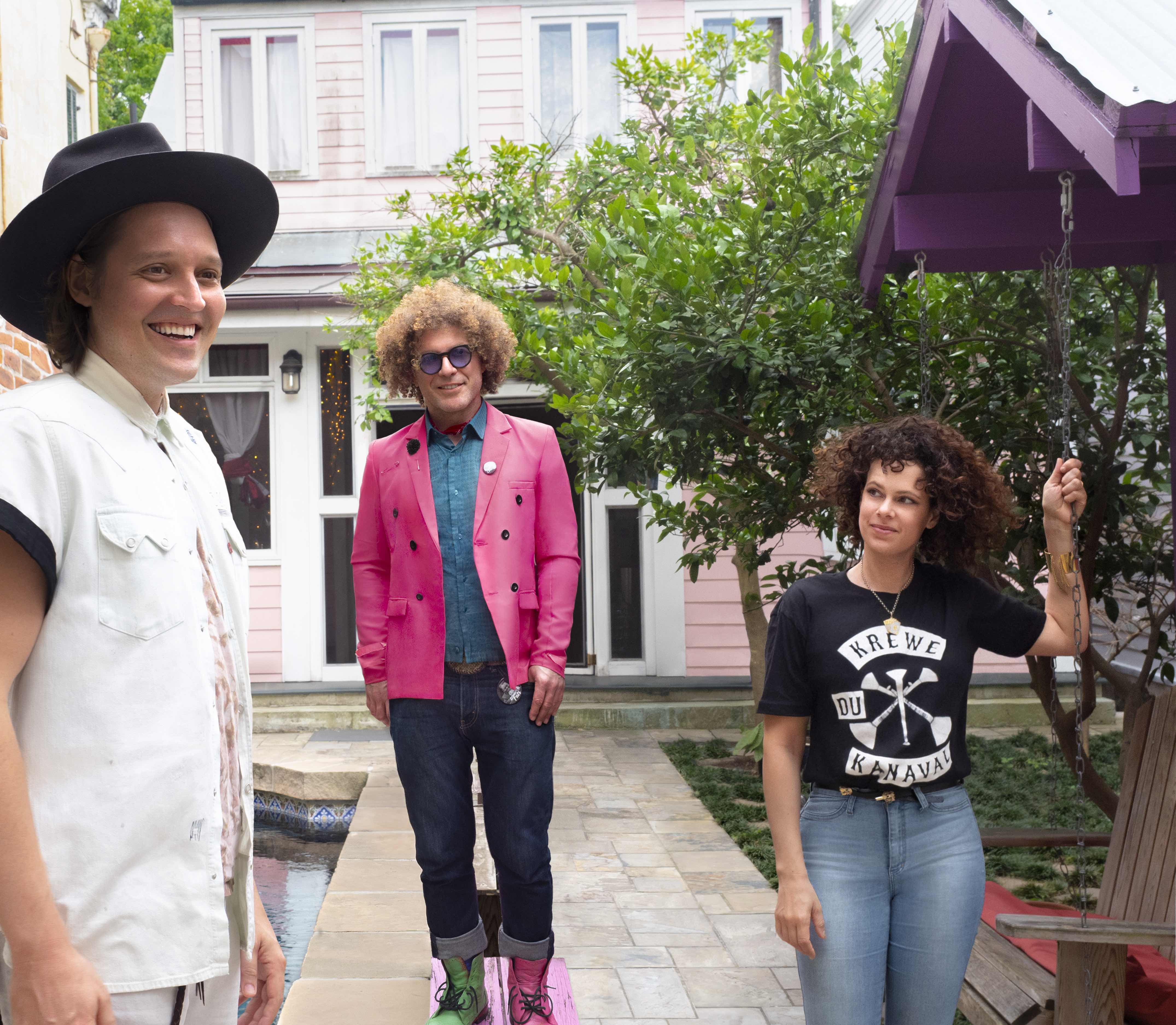
Win Butler, Ben Jaffe, and Regine Chassagne / photo by Paul Costello
Ben: It’s interesting how that appreciation for history touches the creative process. When my parents came to New Orleans, part of [their interest in Preservation Hall] was them being outsiders and having their minds blown and not being able to understand how there weren’t places that were celebrating this thing that existed here.
Win: I felt that way about Montreal. I’m American. I don’t have this burden that a lot of English-speaking people from Québec feel in a French-speaking province. There were so many great people there. I got so much energy coming into it. When you get to combine your energy with other people’s, you can always do something a lot more interesting. Krewe du Kanavale is a great example: It’s this collision of our world and your world and then we’re trying to do something positive with it.
FLOOD: Festivals can be creative collisions, too.
“Sometimes it takes coming from the outside to appreciate what’s special about a place. When we come to New Orleans or go to Haiti, it’s like there’s diamonds in the ground everywhere.” — Win Butler
Win: The cool thing with festivals is it’s a much larger and more diverse group of people than any show you’re playing on your own. If you’re in the right festival at the right time on the right year, and your music is happening for those people in the right way, then there’s an energy feedback that can happen with this large group of people that’s pretty special. I don’t know how to explain what the magic synergy is that makes it happen.
FLOOD: When was the first time your bands shared one of those synergistic festival moments?
Ben: The first time was at Coachella [in 2014]. We met you down in the pit—you came out with your Daft Punk helmets on and everybody went crazy.
Win: Every year that was the joke! Like, “Oh, is Daft Punk gonna play?” So we figured, let’s just pretend Daft Punk’s playing.
Ben: And then the helmets came off and everybody was like, “Huh? They’re Daft Punk?!” It was really the first time we had done an unplanned, unsecured parade into an audience of that size. We’re seasoned paraders, but…
Win: People in New Orleans know how to make way and behave. You don’t grab the tuba player for a selfie here because everybody here plays tuba.
Ben: We get out there and Win’s telling security, “No, I don’t want to just march in the pit, we’re goin’ out there.” And they pull the gates open and somehow we get into the audience at Coachella and they’re rabid. It was insane, it was like being in a mosh pit. I was like, “This is cool! And nobody has any idea what the fuck’s going on right now! This is great! Everybody’s completely lost their minds! Win’s trying to destroy Coachella and create some chaos!” [Laughs.] That kind of led to everything else since then.
Win: Then we did it in Paris and it was easy—the Parisians are really down.
Ben: The one we did in Madrid was wild.
Win: That one went a little crazy. We left the arena without a plan. I led us outside but there was kinda nowhere to go. We also paraded with you in Cuba. That was cool because it’s not really a parading culture, but they definitely got it.
Ben: Well, it’s just like New Orleans: there’s the rhythm and you’re dancing. It was really beautiful.
Win: We also did that before we knew anything about New Orleans. Our shows were always in the crowd.
Regine: Even when we had a stage, we would start and finish in the crowd. For years before I was playing with Arcade Fire, I was playing with my medieval band and we were playing in restaurants, at fairs, at places where you are right in front of the person, where there are no special lights or sounds. Long shows, like eight hours, weddings, on the lawn, in the streets, in the subway…
Ben: That’s so much like New Orleans—not having electricity, playing long gigs, anywhere, anytime.
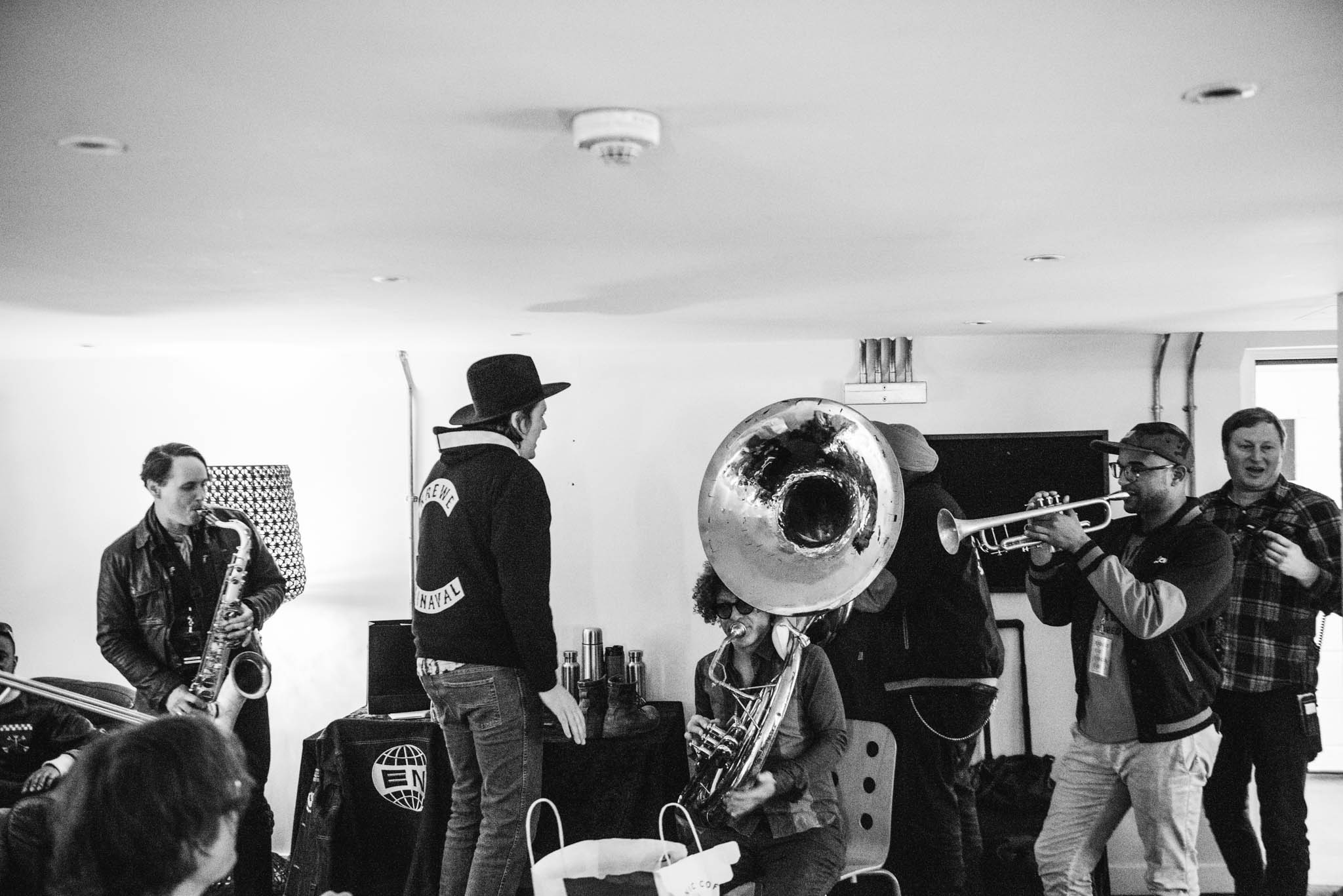
photo by Jennifer McCord
Regine: I think it’s a cool challenge to retain the intimate directness of a performance that has no screen and no stage and no lights but to try to use the tools to still get the message and the feeling through. I saw a lot of people on this tour we just did go, like, “Oh my god, I grabbed a stranger’s hand on this song and we were just crying together!”
I loved performing in a circle because it kind of made it less about us and more about just being there together. Everybody can see not only us but also everybody else, so it’s kind of more about
the moment.
Win: Before we had ever been to Mardi Gras, we had been to Carnival in Haiti and in Trinidad, and we had played in Brazil, so we had some exposure to the universality of that culture.
I kind of miss doing festivals like Lollapalooza in Latin America, where you’re on so many dates with all the same bands, all taking the same puddle-jumper flights. You really get to hang out with artists and get to know each other and make friends. We met at Bonnaroo, right?
“After Hurricane Katrina, I just wanted to bring everybody back [to New Orleans]—bring Dr. John back, bring everybody.” — Ben Jaffe
Ben: That was hilarious. It was 2011, and we had just broken through to play Bonnaroo. My friend, [photographer] Danny Clinch, was like, “You have to see this band,” so he snuck me backstage. It was unbelievable. I had no idea a band could take what they had recorded and bring it to the stage that way. So I’m trying to take it all in on this little platform behind the stage, looking at the stars, and then I hear, “Thank you and goodnight.” All of a sudden, the whole band is around me. I didn’t know you, and I’m like, “OK, um, how are you doing?” I think you went back to do an encore but for this moment I was in the huddle.
Win: Ben’s one of those dudes where if he’s backstage, he looks like he’s supposed to be there because he’s basically been there for his whole life.
Ben: We met again at One Eyed Jacks, late one night after a Voodoo Fest show. After Hurricane Katrina, I just wanted to bring everybody back [to New Orleans]—bring Dr. John back, bring everybody. We sponsored a stage at Voodoo and then we created this whole area where everybody could hang backstage.
Win: When we were in the finishing stages of [Everything Now], we played Voodoo Fest and we had the crowd sing a snippet of the main melody of [the title track], which is difficult, trying to get a lot of people to sing a song they’ve never heard before. But it made it onto the record—kind of a big sing-along crowd bit in the breakdown.
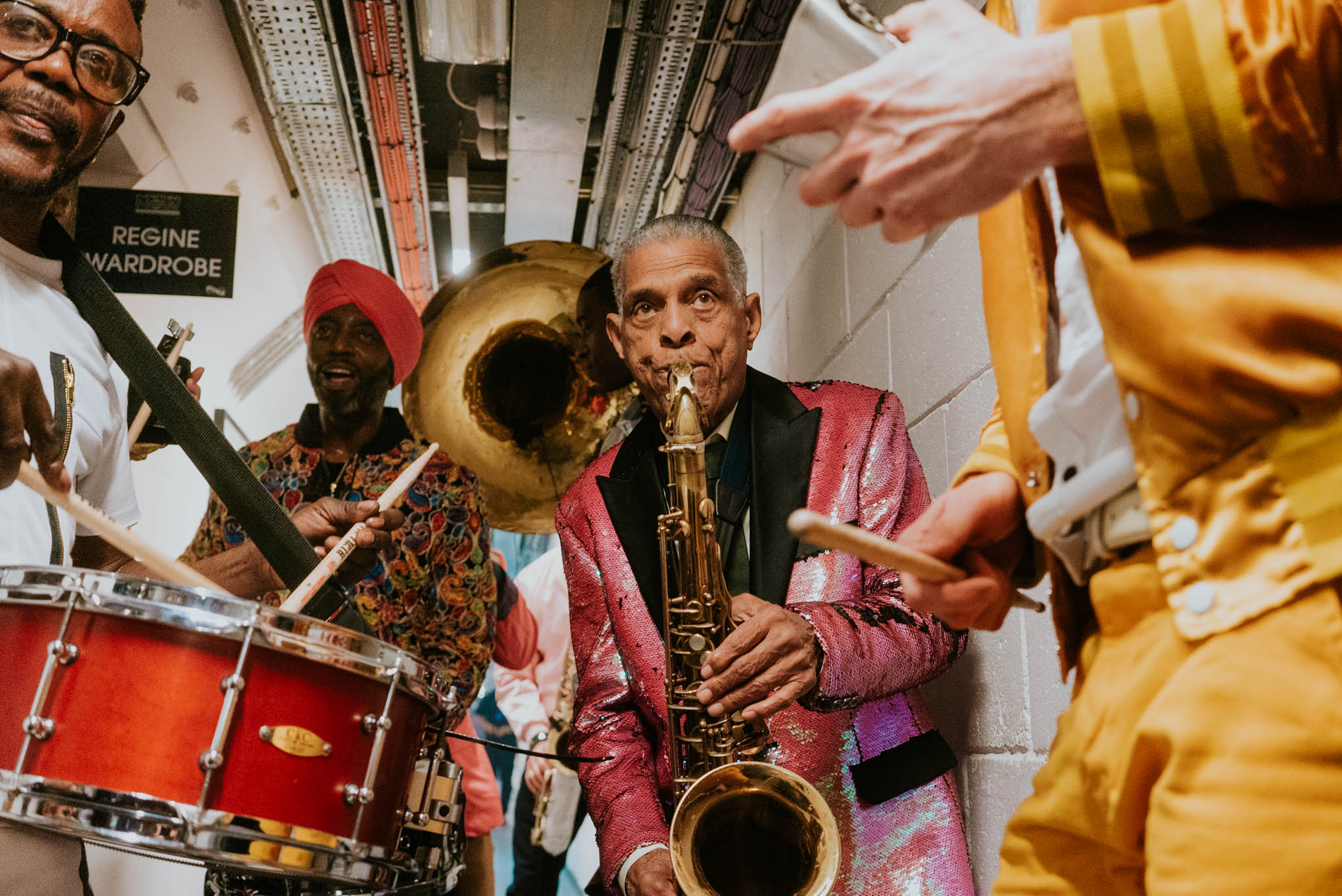
Preservation Hall Jazz Band / photo by Jennifer McCord
Ben: A festival can also leave the window open to create something new. Like us creating Krewe du Kanaval was something we thought was needed here.
Win: In a way, Krewe du Kanavale was paying tribute to the original Heritage Fest by having it in Congo Square.
Ben: My dad was one of the founding members of Jazz Fest and they didn’t have a crew to clean up Congo Square after the festival the first year, so my mom and George Wein’s wife ran to the A&P and grabbed trash bags and cleaned up at the end of Sunday. To be able to do something this significant and for it to actually have a profit to share with our foundations is unbelievable. There’s a Haitian community that’s already engaged in the city, so it was about, how do you make everybody more aware of what’s here already and celebrate that?
FLOOD: Then the profit went to support the Preservation Hall Foundation, which works to preserve New Orleans’ music and cultural traditions, and the KANPE Foundation, which started around the same time.
“I think it’s a cool challenge to retain the intimate directness of a performance that has no screen and no stage and no lights but to try to use the tools to still get the message and the feeling through.” — Regine Chassagne
Regine: KANPE means “to stand up” in Haitian Creole, so the goal was to have the families in the community stand up on their own and have a decent livelihood. I’m really happy about how it’s working. KANPE works in rural Haiti in villages that are isolated and have basically no resources. We started in 2010 in a village that’s very hard to access. We chose that place in collaboration with other organizations that determined it would basically be the worst-off place we could go. The idea is focusing on one area but attacking the spokes of the wheel of the cycle of poverty at all different angles at the same time. There’s a lot of progress done that way, because you don’t just need one thing to get your life back together. It needs to be constant and it needs to be all of it.
Win: It’s like with Ben after Katrina. A lot of the stuff he was working on had to do with getting musicians back but also getting health care for musicians, getting their homes back, getting people access to their instruments. It isn’t just one thing, and it comes from this place of love.
Regine: It comes from a place of love and of listening. It’s like music. If you’re gonna help somebody, you really gotta sit down and listen because the answer is there. FL
This article appears in the 2018 FLOOD Festival Guide, presented by SiriusXM and Toyota. You can check out the rest of the magazine here.

